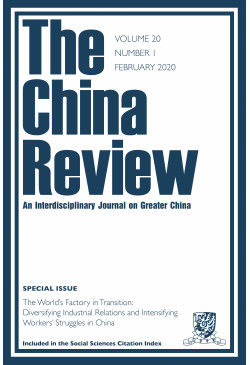Hyman, Richard. 2018. “What
Future for Industrial Relations in Europe?” Employee Relations 40(4):
569-79.
Abstract
Purpose – The purpose of this paper is to perform a systematic cross-country comparison of key features of industrial relations in Europe in a context where consolidated post-war institutions are under attack on many fronts. The author discusses a number of key similarities and differences across the countries of Europe, and end by considering whether progressive alternatives still exist.
Design/methodology/approach – This paper draws upon academic literature and compares the contributions to this special issue in the light of common problems and challenges.
Findings – The trend towards the erosion of nationally based employment protection and collective bargaining institutions is widely confirmed. In most of Central and Eastern Europe, where systems of organised industrial relations were at best only partially established after the collapse of the Soviet regime, the scope for unilateral dominance by (in particular foreign-owned) employers has been further enlarged. It is also clear that the European Union, far from acting as a force for harmonisation of regulatory standards and a strengthening of the “social dimension” of employment regulation, is encouraging the erosion of nationally based employment protections and provoking a growing divergence of outcomes. However, the trends are contradictory and uneven.
Originality/value – This paper contributes to an updated cross-country comparative analysis of the ongoing transformations in European industrial relations and discusses still existing progressive alternatives.
Keywords Europe, Trade unions, Industrial relations, Neoliberalism, Collective bargaining, Globalization, Austerity

